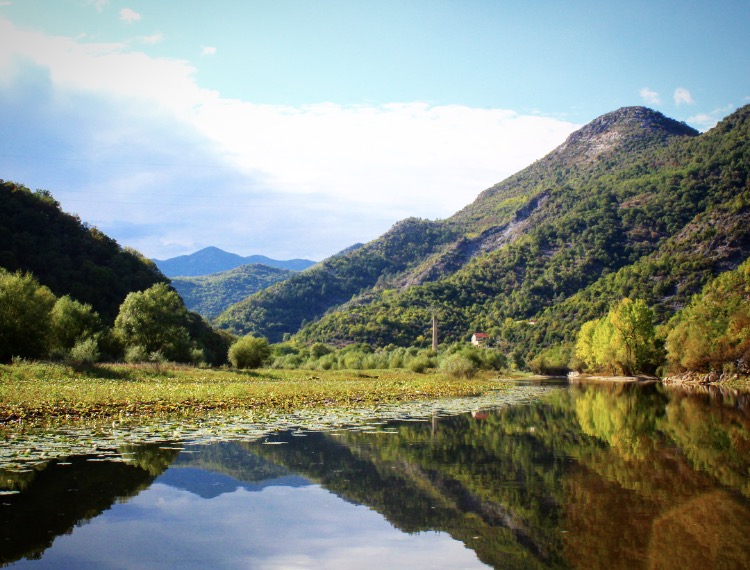We clinked our shot glasses together. My honey liquor went down smoothly, but Caleb’s rakija did not. He coughed as it went down and the ladies laughed.
“Usually we give honey liquor to women and rakija to men because it’s a man’s drink,” the English-speaking woman said as she snickered.
We laughed with them and proceeded to buy a bottle of honey liquor. It only cost me my manhood.
I gave Duca a call to let him know we were ready to go on the boat ride. He gave us directions for where to meet him, approximately a 1km drive away. “It is the first stone building. You can’t miss it,” he said. Boy, was he right.
